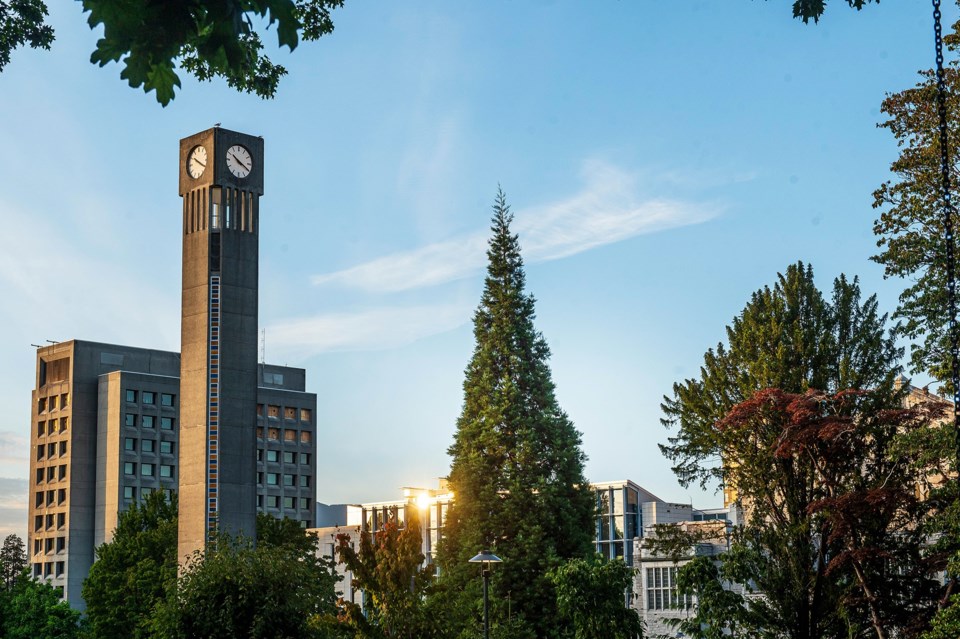A new Statistics Canada report is bringing to light the effects of inflation on graduate student tuition and shows that B.C. students are paying the second highest educational fees in the country.
Nova Scotia, B.C. and Ontario are the provinces with the highest graduate student tuition in Canada. B.C. tuition averages $9,994, which is 34.4 per cent higher than the national average.
Students who are pursuing an executive masters of business administration (MBA) and a regular MBA are paying the highest fees on average, at roughly $53,227 and $30,464, respectively.
"I have to say that the high tuition affects us immensely, even more for international students who pay higher fees and are not eligible for most benefits and grants," said Violeta Fabiani, vice-president of external relations for the Graduate Student Society at UBC.
Statistics Canada points out that data from the Tuition and Living Accommodation Costs survey shows that, in constant dollars to adjust for inflation, average tuition fees have been decreasing for Canadian students from 2018-19 to 2022-23. For international students, this is not the case. Their tuition has increased.
"There are uncountable contributions that graduate students make through their research to the university, the province, and the Canadian economy," said Fabiani.
B.C. is home to 25 post-secondary institutions and roughly 50,000 students. According to the Ministry of Advanced Education and Skills Training, the Tuition Limit Policy ensures tuition and fee increases are capped at two per cent to ensure students can afford a post-secondary education. For 2022-23, the average graduate tuition fees in B.C. increased 1.74 per cent, said Minister Anne Kang in a statement to Glacier Media.
“Our government has taken significant action to make life more affordable for students. We have invested $19.5 million in B.C. graduate scholarships, supporting 1,300 awards for graduate students since 2018,” Kang said.
In addition, Kang said that interest payments on student loans have stopped since 2019, saving students approximately $40 million.
“We have more to do and will keep working to continue to make post-secondary education more affordable in British Columbia,” she said.



